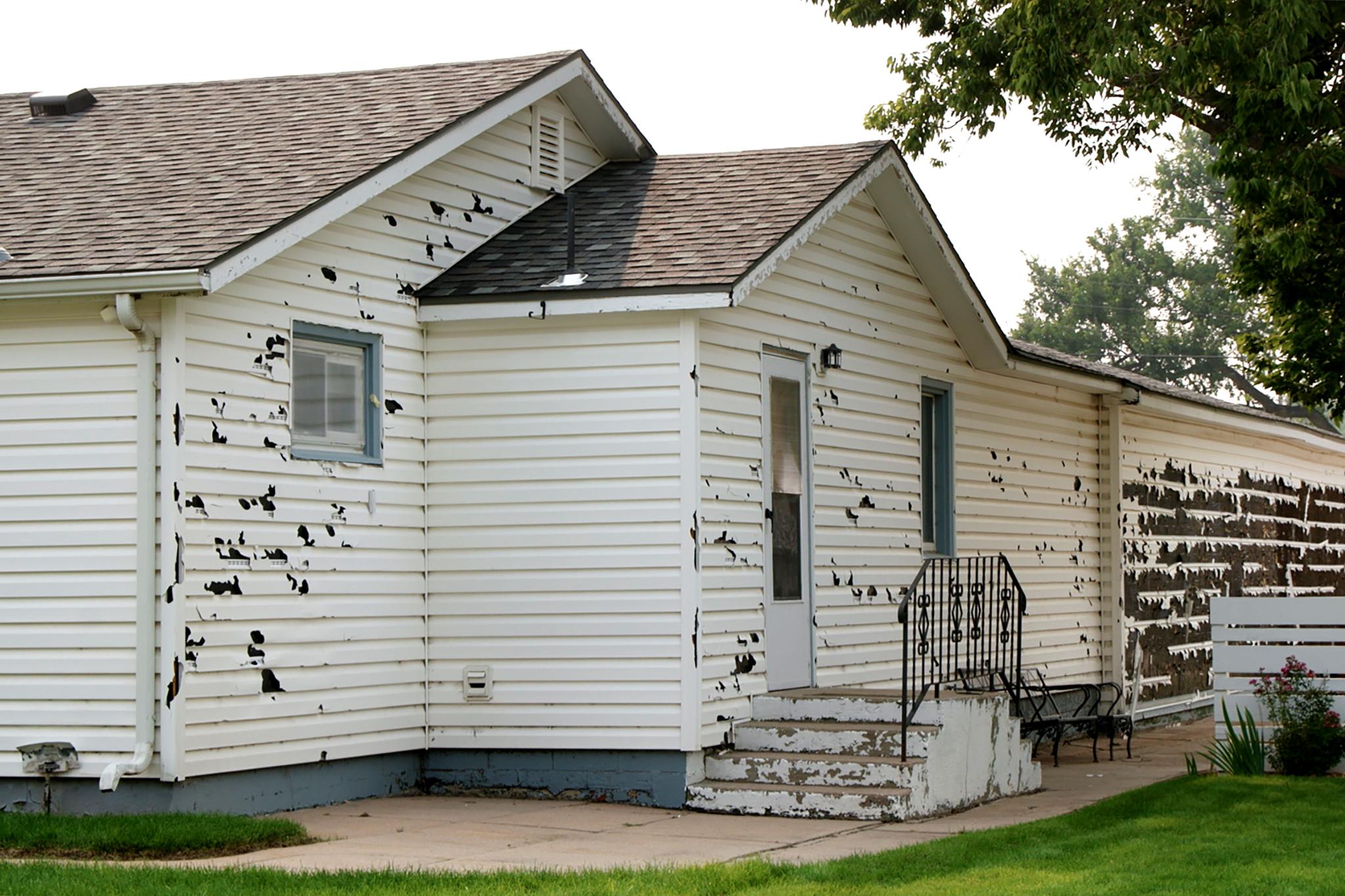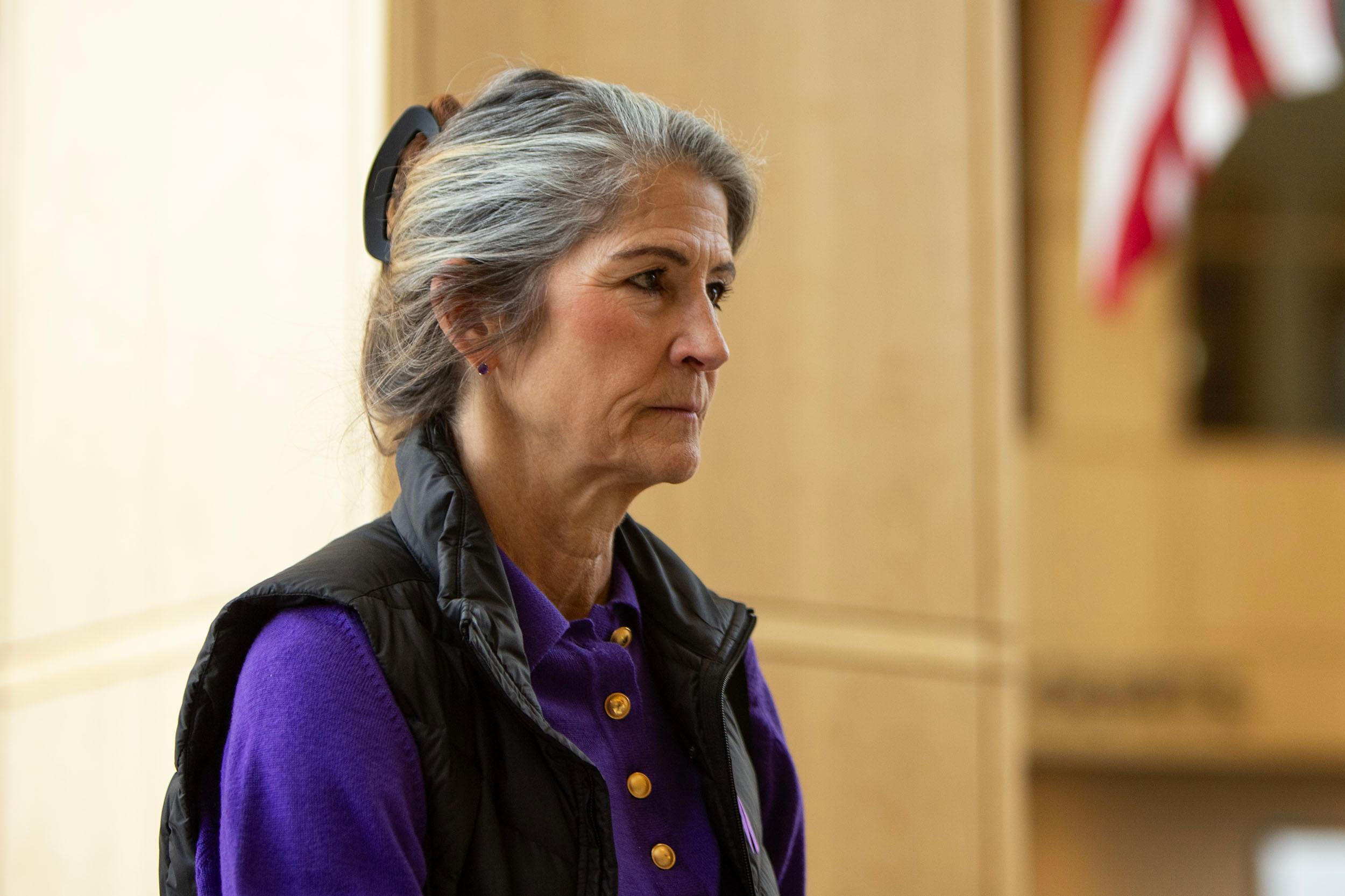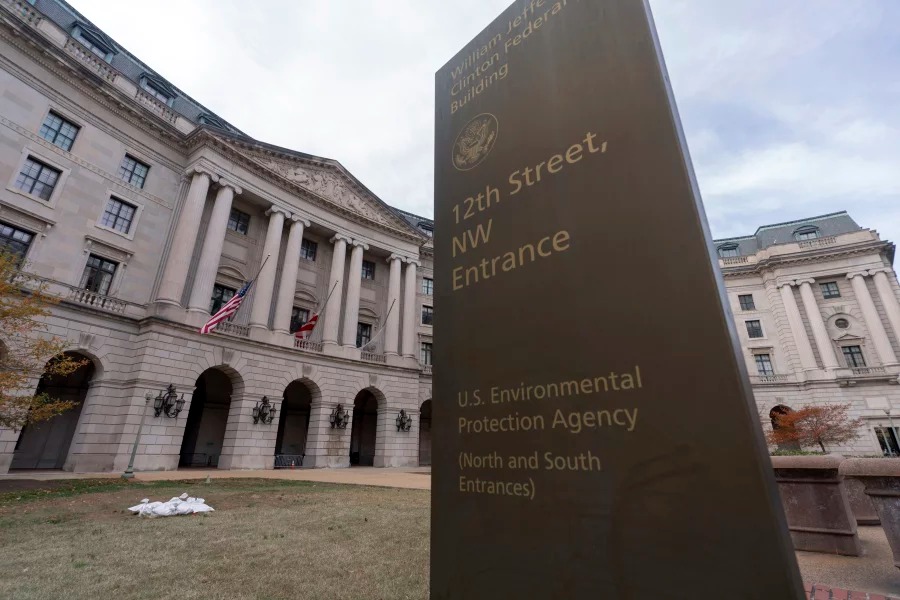
There's a common perception that if you believe in climate change, you're probably a Democrat. But a new CU Boulder study finds that not only do Republicans and Democrats agree more often than not, but that the disagreements over what to do about climate change may occur for the sake of disagreeing. CU Boulder psychology professor Leaf Van Boven talked to Colorado Matters about his research.
People Value A Policy's Party Over Its Content
"That's a very troubling but deep seated tendency in our political psychology, wherein when we consider ideas and policies, what we think we’re doing is responding to those policies themselves. But what we are actually doing is reacting to who proposes those policies, to where those policies come from. Whether they come from Democrats or Republicans, from conservative or liberal thinkers. This is a tendency that social psychologist Jeff Cohen has referred to as placing party over policy."
Many Republicans Believe In Climate Change, But Don't Say So
"We also found that most people underestimated how much Republicans believed in climate change. That is, most people thought that Republicans were slightly on the skeptical side about climate change, and in fact that’s obviously not what we found. So the problem this creates for people in their everyday lives is that they have a misunderstanding about what their peers might believe. So if I was a Republican who believed in climate change, was concerned about climate change, but I thought my Republican peers were skeptical, it’s very difficult for us to voice concerns that might stand against our peers, nobody wants to stand in opposition. The perception becomes reality, because psychologically speaking, perception is reality."
How Climate Change Became A Partisan Issue Is Murky
"It’s not exactly clear when this became so polarized. Many people have suggested that Al Gore might have had something to do with it, that having very prominent Democrats speaking out against climate change and call for action, provided a very clear point of opposition for Republicans to differentiate themselves. It’s true that historically climate change has been a bipartisan issue, that it really only has been the past 20 years or so that there’s been such partisan disagreement at the national level about the reality of cc and whether we should doping something about climate change."









